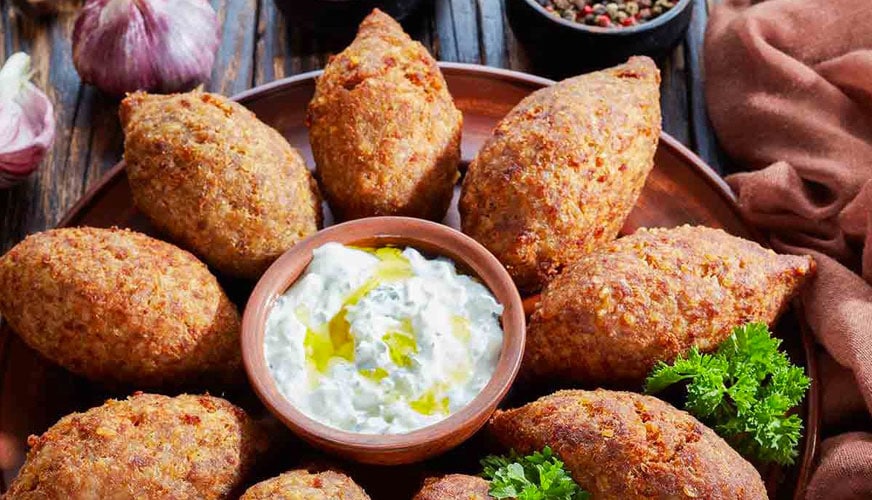
- online@cityandseaadonis.com
- 1362502 Luxor Governorate Luxor City, Egypt
- online@cityandseaadonis.com
- 1362502 Luxor Governorate Luxor City, Egypt

The Pyramids of Giza have been capturing the imagination for thousands of years. Historians, travelers, and archaeologists can’t get enough of these ancient stone marvels. Even today, Egyptologists are still wondering, “How on earth did they build these things without cranes, power tools, and other machinery?” The Great Pyramid of Khufu, built around 2560 BCE, is the biggest of the trio and held the world record as the tallest man-made structure for a whopping 3,800 years. Standing at 481 feet tall, it was basically the Empire State Building of its day—minus the elevators.
This pyramid was built with roughly 2.3 million stone blocks, each weighing between 2.5 to 15 tons. That’s like stacking millions of refrigerators, but without the convenience of a dolly. They didn’t have laser levels, yet everything is lined up so exquisitely. The precision is mind-boggling!
Mathematical Mysteries
Besides being architectural overachievers, the ancient Egyptians had some serious math skills. The Great Pyramid aligns perfectly with true north, like a giant stone compass. Plus, the ratio of its dimensions closely matches mathematical cornerstones like pi (π) and the golden ratio. Coincidence? Maybe. Or maybe they had math knowledge that would make even modern-day calculus experts nod in approval.
This mathematical perfection has led to all sorts of wild theories. Some say the Egyptians had advanced knowledge lost to time. Others think aliens helped out (because of course they did). And then there are the scholars who just shake their heads and say, “We may never know.”
If you’ve ever fallen into the rabbit hole of podcasts, chances are you’ve heard the Pyramids of Giza come up. On shows like the Joe Rogan Experience, folks like Graham Hancock, Randall Carlson, and Egyptologists have debated whether ancient civilizations had some kind of advanced technology or secret knowledge. It’s like an intellectual boxing match, but with less bravado and more talk about limestone.
Mr. Beast Travels to Ancient Egypt and the Pyramids
In a similar vein, the world’s biggest YouTuber, Mr. Beast, recently decided to spice things up with a video titled, “I Spent 100 Hours Inside the Pyramids!” Yep, 100 hours. Mr. Beast and his crew explored the Great Pyramid like it was the ultimate escape room, uncovering hidden passageways, ancient tombs, and secret chambers. There were probably fewer mummies than expected, but way more jaw-dropping moments.
The video went viral, racking up millions of views and giving the Pyramids a fresh wave of internet fame. Thanks to his adventure, a whole new generation is now obsessed with the mysteries of Giza, the majestic Sphinx, and ancient Egyptian civilization in general.
If you’ve been thinking about traveling to ancient Egypt, now’s the perfect time. Whether you’re a history nerd, a math geek, or just someone who wants to say, “Yeah, I’ve been there,” the Pyramids of Giza are waiting. Just remember to bring water, sunscreen, and maybe a podcast for the trip—because history has never been this cool.
So how can you experience the wonders of Egypt and embark on an adventure like you’ve never known?
Get inspired by Mr. Beast’s adventure! On this luxury Egypt tour and Nile cruise package, City and Sea Adonis offers a 7-night, 8-day Ultimate Egypt Vacation that allows you to experience the real magic of Egypt, with a touch of luxury. The trip is packed with iconic sights and rich history. From standing in awe at the legendary Pyramids of Giza to cruising along the majestic Nile River, every moment is crafted to give you an unforgettable experience—with expert guides who make the past come alive.
Your Journey Starts in Cairo
Kick things off in style with a stay at the luxurious Four Seasons Cairo at The First Residence. You’ll enjoy top-notch comfort while exploring Cairo’s most famous landmarks. Stand face-to-face with the Pyramids of Giza and the mysterious Sphinx, then dive into ancient treasures at the brand-new Grand Egyptian Museum (GEM). You’ll have a certified Egyptologist by your side the entire trip, sharing fascinating stories and insights at every stop.
Sail the Nile in Style
Next, it’s off to Luxor for the ultimate river adventure aboard the City and Sea Adonis, a five-star deluxe Nile cruise that blends classic charm with modern luxury. For four nights, you’ll explore Egypt’s most legendary temples—Karnak, Luxor, the Valley of the Kings, and Hatshepsut’s Temple—with guided tours at each site. You’ll also visit Edfu and Kom Ombo before heading to Aswan to check out the High Dam, the Unfinished Obelisk, and ancient quarries.
Why You’ll Love This Trip:
If you’ve been dreaming of Egypt, this is your chance to see it all—in style, with ease, and with plenty of unforgettable memories along the way.
You’ll feel the adventure of Mr. Beast, with the added bonus of exploring so much more! Instead of just 100 hours, you’ll spend 8 days on this Ultimate Egypt Vacation.
So what are you waiting for? Click this link to book your Ultimate Egypt Vacation and make some epic memories that you’ll be telling everyone about! Who knows? You may go viral too!
Note: City and Sea Adonis is not affiliated with Mr. Beast, and all opinions expressed here are our own.



Experience Egypt the elegant way aboard City and Sea Adonis, your gateway to a 5-star Nile cruise from Luxor to Aswan. Visit iconic temples, witness golden sunsets, and indulge in authentic Egyptian hospitality — all from the comfort of your luxury cruise ship.
